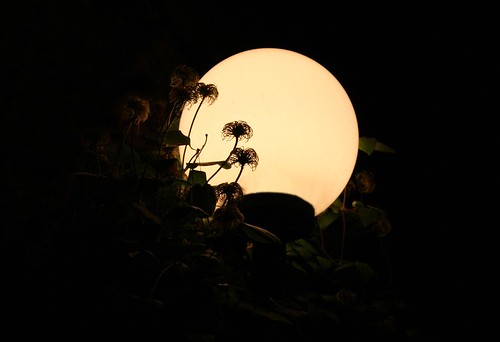light of the moon
moves west - flowers' shadows
creep eastward
Buson
Kaspa writes: When I look at the world, I look through a forest of thoughts. Perhaps there is a patch of clear light in the distance, but more often than not what I see is coloured by unconscious judgments. Either that or my mind is so frenetic, bouncing from worries about the future to thoughts of the past, that I don't see anything at all.
Putting pen to paper can help me cut through the forest of thoughts so that I can really see the world.
The Japanese word seijaku is usually translated simply as calmness, but perhaps a more accurate translation is 'calmness in the midst of busyness'.
It's easy to be calm when you're on a beach watching the sunset, and listening to the waves gently lapping the shore. It's less easy to find that space in the midst of our ordinary working lives. Creating a space for writing poetry in the middle of my busy life helps me to find some calm. Some seijaku.
Sit down. Take a few deep breaths and really look at the world. Experiment with writing slowly, with taking time over each letter. Ask yourself, in what direction are the shadows of the flowers falling? Slow down and fall in love with the world.
When I do this, sometimes I'm really able to connect deeply with what's in front of me.
Sometimes my thoughts are unremitting though. My experience is that if my mind doesn't settle my thoughts are usually telling me something important. In these cases I can use writing to help me unravel what's going on.
The moon, alone,
Taunts me from the heavens
With memories of you;
Should you feel the same, then
Our hearts would be as one.
Saigyo
Taunts me from the heavens
With memories of you;
Should you feel the same, then
Our hearts would be as one.
Saigyo
In August I'll be running my online course in Eastern Therapeutic Writing again. One of the most popular parts last time was the waka module, where we looked at how using Japanese forms of poetry can help us connect with ourselves and world. We also experiment with Naikan to help with our relationships with others, and Morita to help us act in the world, as well as working with personal koans.
I got some great feedback from students last time. Find out more here.






